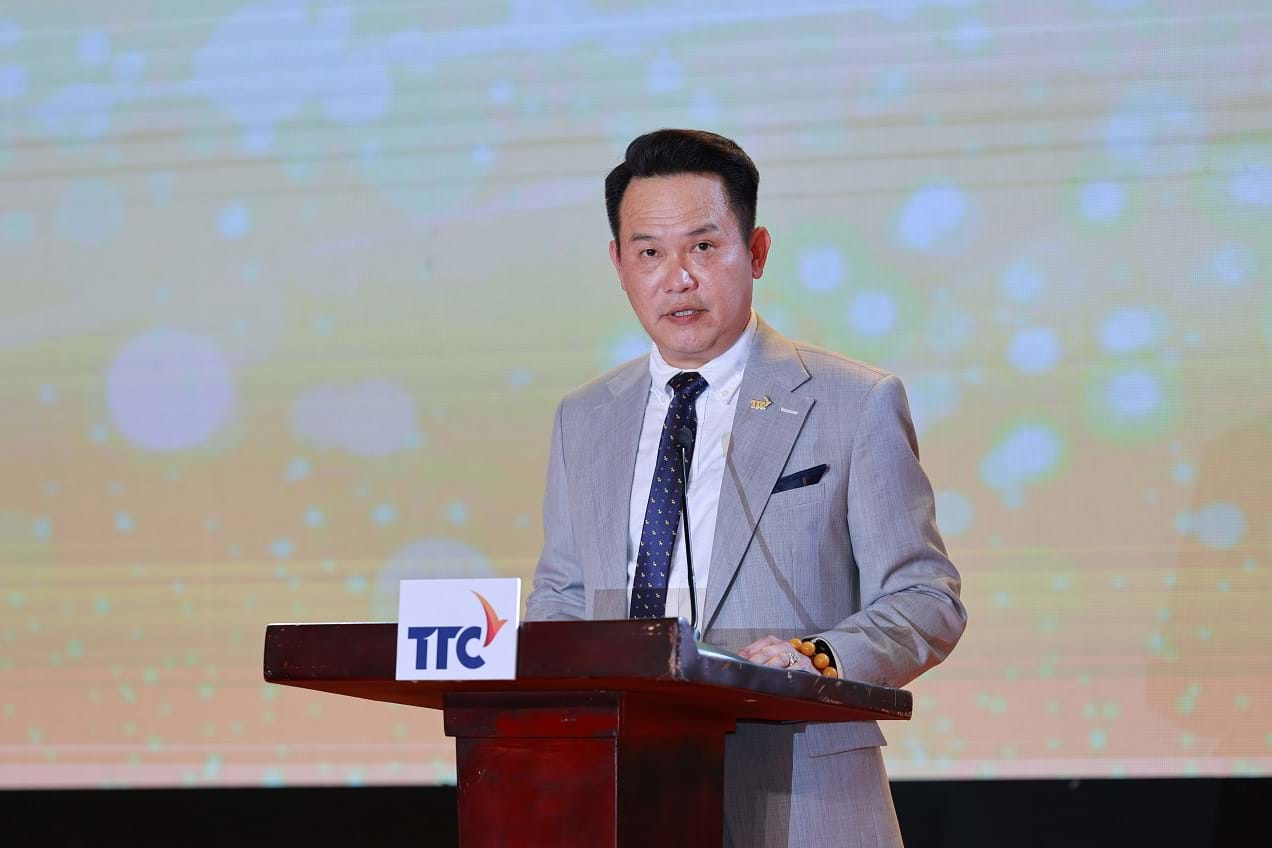In the context of the economy needing to activate new growth drivers, unlocking resources, especially capital flows for enterprises, is a key factor.
However, according to feedback from the business community, there is still a notable bottleneck: The role of minority shareholders representing state capital in equitized enterprises is becoming an obstacle, making it difficult for enterprises to increase capital, invest and develop.

Mr. Dang Hong Anh, Chairman of the Vietnam Young Entrepreneurs Association.
When assets and opportunities are "frozen"
The current reality is that in many equitized enterprises, the State still holds a small percentage of shares, usually below 36%, and no longer holds controlling power. However, due to the current state capital management mechanism, representatives of this capital still participate in the review, approval or reporting requirements for some important decisions such as capital increase, long-term investment or change of operating model.
This leads to a situation where, even though they are minority shareholders, representatives of non-dominant state capital can cause difficulties for enterprises in approving important strategic decisions, delaying development plans or delaying necessary restructuring. In the context of enterprises needing flexibility and initiative to recover after the pandemic, this bottleneck becomes even more evident.
In addition, some enterprises also face difficulties in accessing credit capital. Although not publicly rejected, completing loan applications is sometimes hindered by complicated internal processes related to the participation of state shareholders, even when their ownership ratio is not large and they do not have veto rights according to the law. The story does not stop at the financial perspective, but also affects the efficiency of asset exploitation and the competitiveness of enterprises. In the long term, without appropriate solutions, many enterprises will find it difficult to promote their role in economic growth and transformation.
Recommendations from the Vietnam Young Entrepreneurs Association
Currently, the young entrepreneur community is making great efforts to restructure, invest and expand in the context of economic recovery. However, the constraints arising from the management mechanism of state capital, even very small ones, are causing bottlenecks. Enterprises need to be proactive, transparent and consistent in order to operate effectively, in accordance with market mechanisms. This is not an isolated issue but has become a common denominator for many equitized enterprises.

According to Mr. Dang Hong Anh, Chairman of the Vietnam Young Entrepreneurs Association, enterprises need to be proactive, transparent and consistent in order to operate effectively, in accordance with market mechanisms.
Therefore, the Vietnam Young Entrepreneurs Association recommends that there should be practical and sustainable solutions to remove this bottleneck.
First, strongly promote the progress of equitization and divestment of state capital: Prioritize complete divestment in state-owned enterprises that no longer play a key role in the development orientation. This is a strategic step to help enterprises operate completely according to market principles, be more autonomous in mobilizing capital and implementing investment strategies.
Second, perfect the mechanism for determining the starting price when divesting capital in an objective, transparent and market-based manner: The specific proposal is to invite at least three independent valuation organizations to provide valuations, then take the average price as the basis for determining the auction price. This not only ensures fairness, avoids loss of state assets but also increases investors' confidence, promotes the divestment process to take place more quickly and effectively.
Third, effectively use revenue from divestment: This revenue should be prioritized to serve the country's key development investment programs, instead of leaving state capital "stuck" in enterprises where the State no longer holds controlling power. This is a shift of resources from inefficient areas to priority areas, creating new momentum for growth.
Fourth, issue specific and clear guidelines on the rights and obligations of minority state shareholders: It is necessary to clearly stipulate that when the State is a minority shareholder, the rights and obligations of the capital representative must strictly comply with the Enterprise Law and the Company Charter, avoiding deep intervention in strategic operations without controlling power. This creates a transparent legal corridor, ensuring the necessary flexibility for enterprises.
Removing institutional barriers related to the representation of non-dominant state capital is not only meaningful for each specific enterprise, but also contributes to building a truly open, equal and innovative business environment. That is also the consistent spirit of Resolution No. 68-NQ/TW on developing the private economy into an important driving force of the economy.
The Vietnam Young Entrepreneurs Association affirms that it will continue to accompany the business community, acting as a bridge with functional agencies to reflect, recommend and promote substantive reform solutions, for a favorable investment environment and for the future of sustainable development of the country.
Entrepreneur Dang Hong Anh (Chairman of the Vietnam Young Entrepreneurs Association)
According to Nguoi do thi